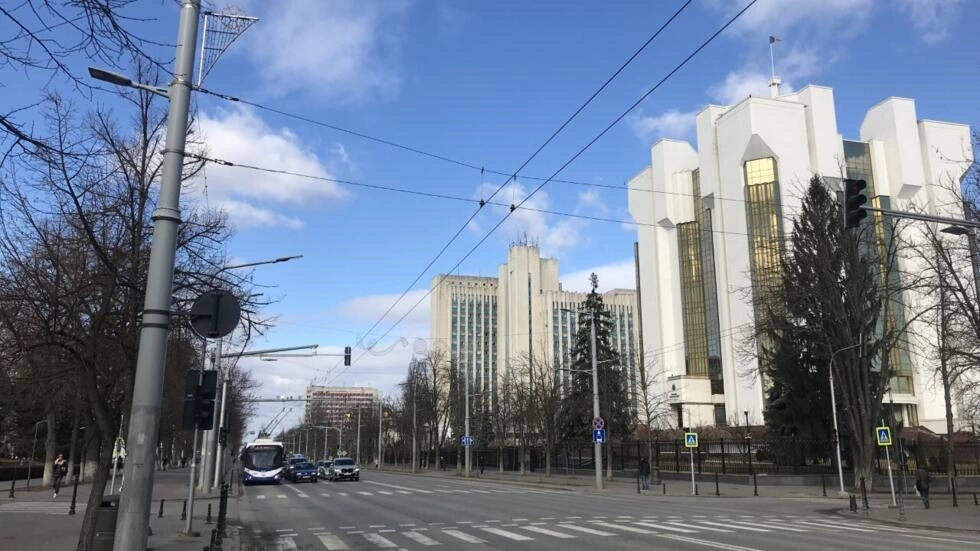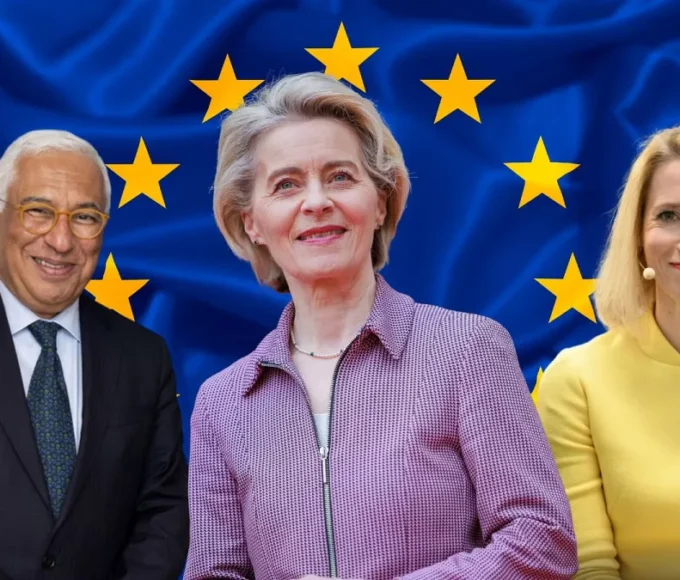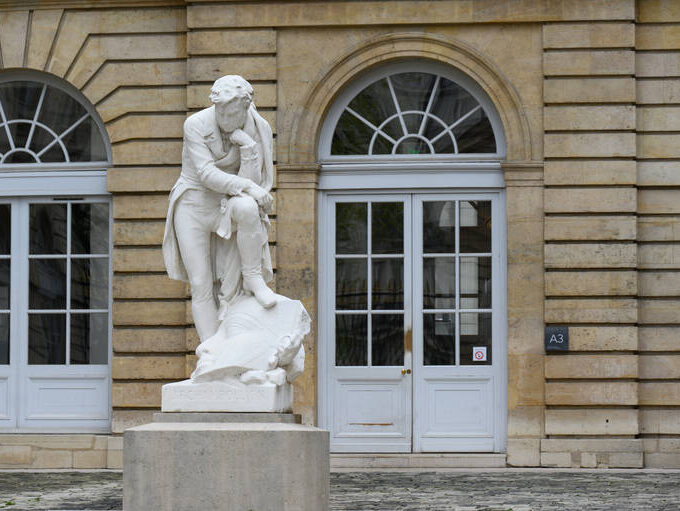In Moldova, a former Soviet republic with European ambitions, the tension is palpable. After a year of war, the solidarity of the Moldovans vis-à-vis the Ukrainians does not weaken. But inflation and rising energy prices make this country a prime target for a hybrid war waged by Russia to weaken its resolve.
The vegetable market in the Central Square of Chișinău, in the heart of the Moldovan capital, is always full. On the stalls, there are carrots, onions, potatoes, garlic and herbs.
Svetlana comes here every month. But lately, prices keep going up: “Prices have exploded. Example, cauliflower: it is 60 lei, whereas a month ago it was only worth 40. Tomatoes, too. They used to be 35 lei, but today you have to pay 45 for them. To get by, I buy less than before. “This 45-year-old translator, who has returned after living in Portugal for a few years, therefore continues to go to the market. To support traders, she said. Her husband, a mechanic specializing in hybrid vehicles, nods and hands her a small plastic bag. Their basket is not full that morning.
Inflation And Wages
Business is bad, sigh the sellers. But most of them refuse to comment on the situation. A bean seller says: “People don’t buy like they used to. Prices have doubled, while salaries and pensions have remained the same”.
We want to know if despite this difficult context, she and her husband are doing. She responds in French: “Comme si, comme ça”. But as the conversation progresses, her face becomes sad, her voice breaks. The woman breathes: “That’s why young Moldovans go abroad. I tell you, because my children have already left, precisely. They live somewhere in the UK, she doesn’t remember the name of the town. “My garlic is good, it flavors the dishes wonderfully”, proudly observes this other saleswoman, Zinaïda. The little stunted one with a purple color comes from Moldova, the big pale one would, according to her, have no interest. Of course, she brings it from Turkey.
Alexandre, a 70-year-old pensioner, laughs out loud, but his eyes are sad when he mentions the amount of his meager pension: “Exactly 2366 lei, equivalent to 118 euros. We drag the devil by the tail, as we say at home”.
Surfing Against a Background of Economic And Social Crisis
The cost of living ? Sergei can’t make ends meet either. This 63-year-old retiree looks ten more: “The state is so far from reality”. The man is worried and makes it known during a demonstration against the high cost of living which paralyzes the center of the capital, this Sunday, February 19. The party of fugitive pro-Russian oligarch Ilan Şor, which is organizing this rally, is using popular discontent to demand the resignation of the president. This businessman sanctioned by the Americans for corruption and interference for the benefit of the Kremlin has thus become the centerpiece of the destabilization strategy led by Moscow, explains Valeriu Paşa, of the Watchdog think tank. “After the victory of the pro-European forces of Maia Sandu in the last legislative elections, Russia has reviewed its strategy. Thus, a hybrid war of unprecedented intensity began against Moldova. First through our dependence on Russian gas, but also through disinformation and propaganda. The former oligarchs have become relays of influence which multiply bogus demonstrations. There is evidence that Moscow finances these parties as it also finances media that are favorable to it. They hold the same speech to the Moldovans as to the Russians”, observes the expert.
Propaganda And Disinformation
Fake news? The machine to destabilize is now well oiled, confirms Petru Macovei. The director of the Independent Press Association gives an example. One among many others that abound in social networks. On the website of the association dedicated to deciphering fake news, STOP FALS, the journalist dissects fake news about NATO soldiers allegedly deployed on national territory. “Because of the war in Ukraine, the Moldovan defense budget has indeed increased. But to go from there to saying that Moldova is spending millions to arm itself… That’s a lie. Just look at how much an air defense system costs. It would take the Moldovan Defense budget of several years to buy it! We couldn’t afford it. To think that our country is in the process of arming itself is idiocy in the eyes of those who have a sense of analysis. But many people here take what they are told at face value. Thus, they are victims of this propaganda and manipulation”.
A Country Torn Between Two Visions of The World
“You have to understand the specificity of Moldova: a small country torn between two visions of the world, Eastern and Western”, observes Arcadie Barbarosie, executive director of the Institute of Public Policies. The European ambitions of the Sandu government are indeed opposed to this other Eastern vision of the country that its previous leaders had. And in particular Igor Dodin, a socialist very close to Vladimir Putin. And Transnistria in all this? This small strip of land along the Ukrainian border, which occupies a sixth of the national territory, and its contingent of a thousand and a half Russian soldiers who have been stationed there since the proclamation of independence by Moldova in August 1991. that the presence of these soldiers, it is the arms and ammunition depots there (most of them dating from the Soviet era) that worry the Moldovan authorities. “The new Prime Minister, the pro-European Dorin Recean, was very clear on this, we must demilitarize this area. Finally “.
During a meeting with Maia Sandu on the sidelines of his visit to Warsaw on Tuesday February 21, US President Joe Biden assured his Moldovan counterpart of US support for his country. And for good reason, Moldova fears to be the next target of the Kremlin.
This article is originally published on rfi.fr








